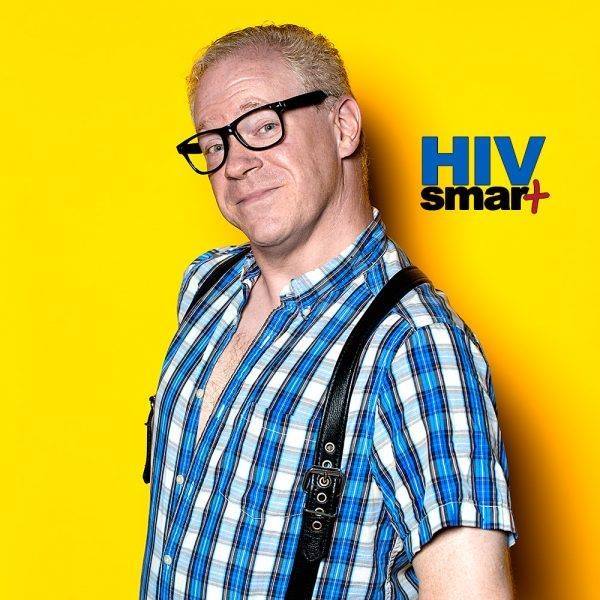| Michael Barret Jones, Director of Development | Undetectable = Untransmittable. PrEP. Treatment as Prevention. We are on the cusp of something big here: in the last few years, tremendous strides have been made and technologies unleashed that can help prevent transmission of the HIV virus between sero-discordant partners, and that's amazing. If we can control new infections, we're on our way to ending the epidemic, right? Well, yes and no. Epidemiologists might say yes, that if you can contain the virus and keep it from spreading, that the epidemic is over. If you are undetectable, science has demonstrated over and over again that you cannot pass the virus onto a partner. If you are on PrEP (a once daily pill that acts as a pre-exposure prophylaxis), an invading virus can't get a toe-hold and dies trying, leaving one uninfected. These are both great advances, and will truly help save lives, ease fears and anxieties, and reduce stigma. (The CDC and Iris House still recommend condom use along with TASP and PrEP.) At Iris House, approximately 80% of our HIV+ clients have been declared "undetectable." New York City and New York State are both at 67% undetectable. This is great news: we have an above average rate of clients managing their treatment plans, staying adherent to their prescriptions and working to improve their overall health. Yet, our work, and the need for support programs, is desperately needed. We have three challenges here: two that stand in the way of ending the epidemic and one which will continue even after we declare the war over. 1) "Undetectable" is aspirational, but not obtainable for everyone. Some people with HIV are resistant to certain classes of drugs. Some need help facing mental health or addiction issues that interfere with their ability to remain treatment adherent. Some face such tremendous stigma in their homes, families, churches and communities that they don't seek treatment, even when they know they are HIV+. These aren't people to judge or to pity, these are people for whom repeated contacts, followups, assistance, outreach and compassion are required. If they can't reach "undetectable," then the epidemic isn't truly over. 2) A Need for a Cure. Say everyone living with HIV is undetectable. They might get a cold, or have an illness or infection that challenges their body's immune system: bam! a weakened immune system can lead to a temporary rise of the viral load back in to the detectable status. At that point, it is transmissible, and is able to cause damage to the body in other ways and open it up to opportunistic infections. As long as there are still live viruses, detectable or not, there's always a chance for them to bounce back. 3) Support for Long Term Survivors. Individuals who have been living with the virus and its impact on their body, mind and finances for a decade or more, face even greater challenges. They may have been out of the workforce, they may have physical ailments which can never be overcome, they may still be living with PTSD from their initial diagnosis, or depending on how long they've been living with HIV, from having seen too many loved ones fall along the way. Even with "Undetectable" and the possibility of a cure, long term survivors may continue to need support services for the rest of their lives. Mental health, substance abuse, physical challenges: these don't go away with medication and require individually tailored therapies. Functional job training, confidence building and opportunities in the job market (for those who are able) are also crucial, as well as incentives for employers hiring people who have been out of the workforce for decades. Until this epidemic is over for all of us, it isn't over for any of us. In the meantime, we need to make sure people know how to prevent transmission, how to take care of themselves, and how to rebuild their lives after decades spent literally at war. At Iris House, we're here for them. Are you? |
|
0 Comments
|


 RSS Feed
RSS Feed
